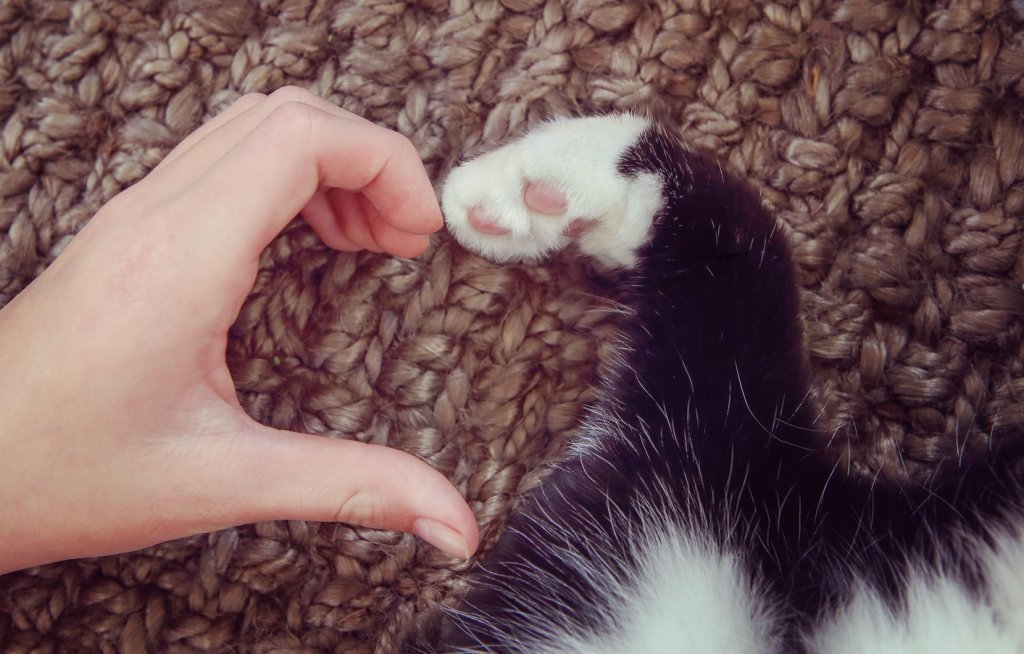
Essential Oils Safe for Cats
Share
The Feline-Safe Fragrance Guide You Didn’t Know You Needed
Cats are famously sensitive — and that goes for their reaction to scents too. Unlike dogs, cats lack a critical liver enzyme (glucuronyl transferase), making it harder for their bodies to metabolize certain essential oil compounds.
This doesn't mean you need to eliminate all pleasant smells from your home. But it does mean choosing and using oils with extreme care.
✅ Essential Oils That Are Generally Considered Safer
Some essential oils may be used in low concentrations, through passive diffusion in large, well-ventilated spaces. Examples include:
- Frankincense – grounding and gentle
- Chamomile – soothing, very mild
- Cedarwood (Virginian) – dry, woody scent with low toxicity
Always give cats the ability to leave the room. If they avoid an area, respect their signal.
❌ High-Risk Oils for Cats
Cats are more vulnerable than dogs to toxicity. Many common oils are best avoided entirely in homes with cats:
- Tea Tree – even small exposure can cause neurological symptoms
- Eucalyptus – may trigger drooling, vomiting, or tremors
- Peppermint – often causes gastrointestinal upset
- Lavender – contains linalool, which can be dangerous in buildup
- Citrus Oils – potentially damaging to the liver
🐱 Behaviour Clues: What to Watch For
If your cat:
- Leaves the room quickly after you turn on a diffuser
- Starts drooling, shaking, or vocalizing abnormally
- Becomes lethargic or loses appetite
Then discontinue oil use immediately and ventilate the space. Contact a vet if symptoms persist.
🏡 Safer Living
If you love natural fragrance, look into hydrosols (water-based plant distillates) as a gentler alternative, or use essential oils only in rooms where your cat does not enter.
